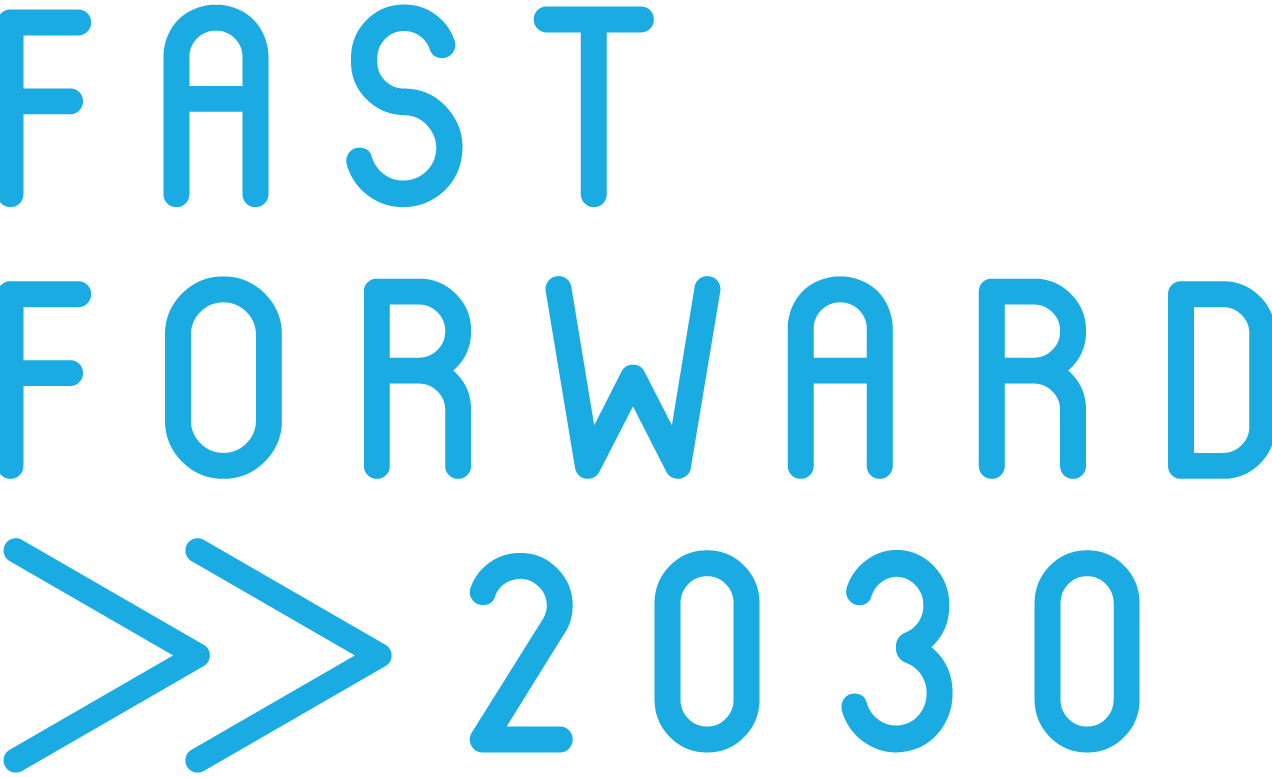Global Millennial Survey: A Generational Shift Away From Short-Termism
With society confronted by some of the biggest challenges it has ever faced, it isn’t surprising that people are starting to think about their work, careers and assets differently. There are now several extensive workforce surveys of the ‘millennial’ - anyone born between the early 80’s and the mid 90’s - that confirm a shift in how they approach their careers.
Deloitte’s Global Millennial Survey, which focuses on values and ambitions, clearly demonstrates this shift. Over 4,000 university-educated professionals born after 1982 from 29 countries were surveyed, and the shift in attitudes is clear.
There is a gap between how millennials think businesses should behave and how they do. 87% believe that “the success of a business should be measured in terms of more than just its financial performance.” However, most believe that businesses “have no ambition beyond profit”. Interpreting these findings, the report states, “This generation evaluates success in ways that go beyond a focus on financial performance, increasing the focus on activities and behaviours that support long-term sustainability.”
This is quite a significant shift in opinion of what a business should be. The term “sustainability gap” has emerged to describe the difference between the ideal conduct of business and the current reality. The significance of this is emphasised by the fact that employees are less likely to believe they will stay at their current job and less satisfied overall with their current job if they believe the only purpose of their employer is profit maximisation.
The shift in attitudes towards sustainability and the role of businesses is also apparent when considering their investments. Morgan Stanley’s Institute for Sustainable Investing found that 84% of millennials were interested in sustainable investing. They are also twice as likely to consider sustainability when purchasing something.
These differences in how millennials see their careers and money are consistent with the challenge posed by the Sustainable Development Goals. The SDGs, in many ways, call for a paradigm shift. For one, this means a move away from the idea that “undeveloped” countries have to follow a set path to some pre-conceived notion of development. Part of this shift includes a re-think of the way businesses should function.
The SDGs suggest businesses should shoulder more responsibility for their impacts. Businesses can no longer be quarter-to-quarter upholders of short-termism. Instead, they should take a more sustainable, inclusive approach to their practice, which aims to be long-term providers of prosperity and platforms of flourishing. This means a rejection of exploitative profit at any social or environmental price.
This all sounds very ambitious and far removed from the day-to-day reality of the nine-till-five grind. However, the generational shifts highlighted by these reports show that the SDG re-think is not so far from the public mind. Many people see corporate short-termism as a significant cause of today's problems. This belief reflects how people want to work and spend money and should be encouraging news to the growing community of businesses attempting to integrate the SDGs into their plans.
